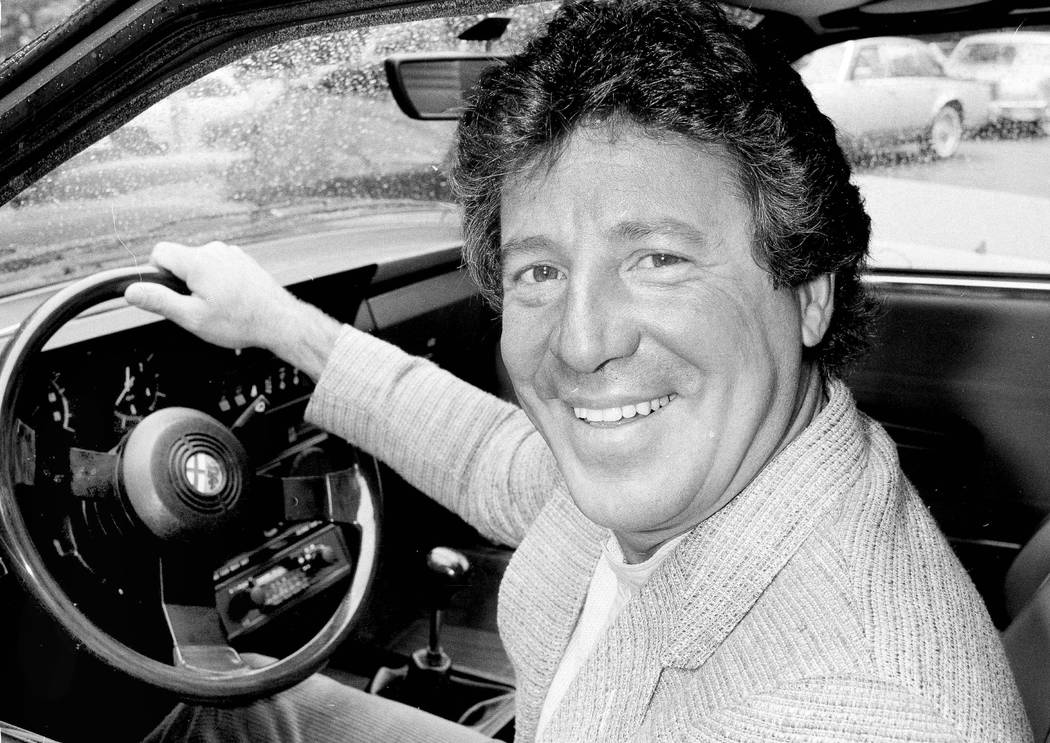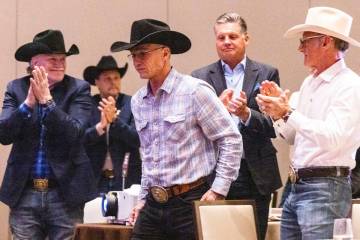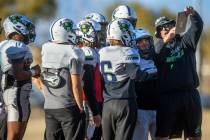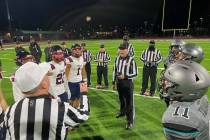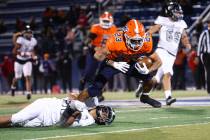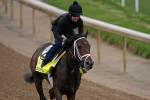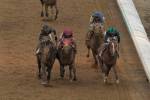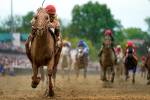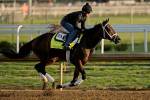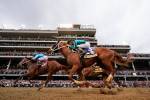May’s Kentucky Derby, Indy 500 not always decided on track
One of the last times I remember receiving correspondence that arrived in a handwritten envelope was October 1981. It was from my buddy, Flip. It might have even had the proper postage.
“Well, at least now we know who won that race we went to in May,” it began.
He wasn’t writing about the Kentucky Derby but about the other big race in May featuring another kind of horsepower.
The record will show that Bobby Unser won the 1981 Indianapolis 500. Twice.
On race day, he beat Mario Andretti to the finish line by 5 seconds. But Andretti was declared the winner the following day after a replay showed that Unser had illegally passed 14 cars before blending onto the track during a caution period.
When an appeal process finally ran its course, Unser was reinstated as the winner on Oct. 4.
I was reminded of this when the owner of Maximum Security, the horse that appeared to win the Kentucky Derby, went on TV on Monday and said he would appeal the historic disqualification of his colt that handed 65-1 long shot Country House the victory.
Unser had indeed passed those 14 cars under yellow. But the TV replay showed Andretti had passed two himself during the same sequence. In a 2-1 vote favoring Unser, an appeals board ruled officials should have detected the violation as it occurred and penalized him during the race.
Which is how similar situations still are handled today.
At least the Churchill Downs folks got that part right.
Making the call
A ruling was rendered on the spot in rainy Louisville on Saturday. Country House’s connections did not find out he had won by reading it on the hotel marquee the next day, which is how the auto racing community learned that Mario Andretti had been declared the winner of the 1981 Indy 500.
“This is something that is big enough that the entire racing world is looking at this, and I think they deserve an opportunity to really know what was going on,” Maximum Security’s owner Gary West said on the “Today” show about his decision to appeal the Derby.
“Winning it was the most euphoric thing … and the disappointment when they took the horse down for the first time in history, we were stunned, shocked and in total disbelief. It had never been done before.”
But does that make it wrong?
A lot of horse racing people have said that if a horse did what Maximum Security did in the Derby in the fifth race at Monmouth Park — take a wide turn and block the path of other horses that could have caused a calamitous incident — it would have been disqualified, no questions asked.
If that’s the case, the stewards got it right.
If the rules stink, then change the rules.
But be consistent in applying them.
Putting away whistles
If you’ve been watching these Stanley Cup playoff games, you’ve probably heard the announcers allude to how the game is officiated differently in overtime than it is during the first and second periods and maybe even the third. This is lunacy. If it’s high-sticking in the first period, it also should be high-sticking in overtime.
I’ll never forget the grief Richard Steele, the noted boxing referee from Las Vegas, received for calling off the epic 1990 Julio Cesar Chavez vs. Meldrick Taylor fight with only two seconds to go in the final round at the Las Vegas Hilton.
Taylor won most of the early rounds but the fight had turned. After a vicious knockdown, Steele twice asked Taylor if he wanted to continue. Taylor did not respond, and Steele waved it off. Taylor would have won had it gone to the scorecards. But had it been any other round, Steele’s judgment would not have been questioned.
Taylor was never the same after that fight. One more punch could have done irreparable damage to the young boxer. It might have even killed him.
And yet people said it was another black eye for boxing.
Likewise, people are saying the controversial outcome of the Kentucky Derby is not good for a sport fading in popularity. This is where a boxing promoter would disagree.
Two days after the Derby, people still were talking about horse racing. When’s the last time that happened?
Contact Ron Kantowski at rkantowski@reviewjournal.com or 702-383-0352. Follow @ronkantowski on Twitter.





